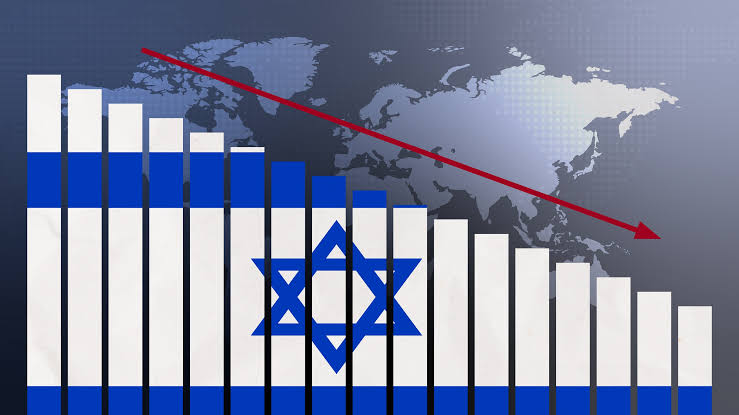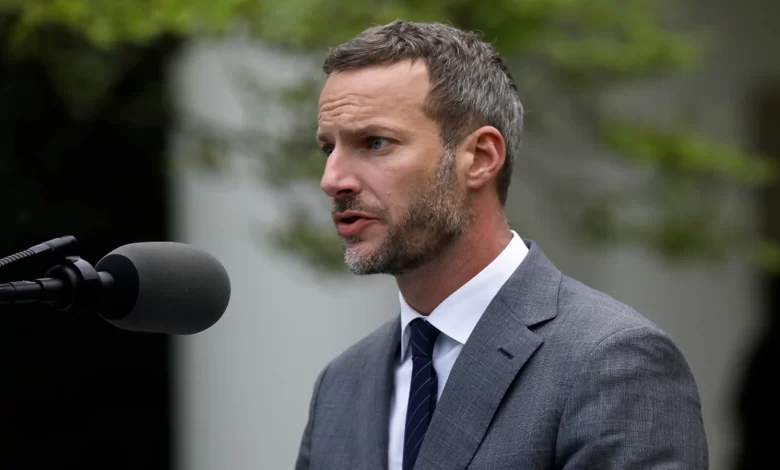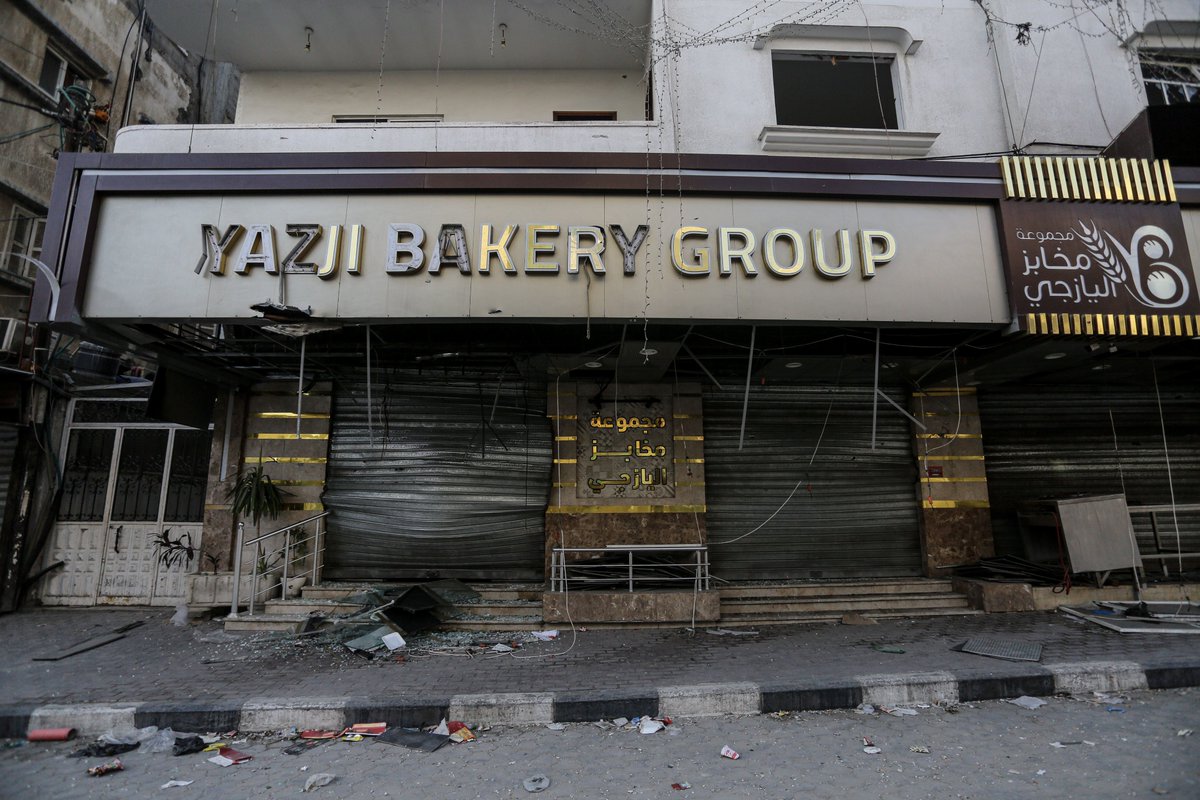
The Israeli economy is in deep crisis because of its war on Gaza that started on 7 October, 2023 and sees no end in sight.
The persistent war which Prime Minister Benjamin Netanyahu refuses to stop because of political and domestic reasons has cost the Israeli economy a massive 250 billion shekels, the equivalent of a mind-boggling sum of $67,73 billion.
According to Israeli economists, the war cost is a truly astronomical figure that is likely to keep going up if a ceasefire is not reached soon.
Put another way the war costs Israel nearly $300 million per day and many fear the Israeli economy may not be able to bear this heavy financial burden much longer.
On top of that, the Israeli defense establishment wants an annual increase of at least NIS 20 billion ($5.39 billion),” Rakefet Russak-Aminoach, former CEO of Israel’s Bank Leumi, told Israeli Channel 12 according to Anadolu.
“The deficit is much larger, we have evacuees, wounded, and many economic needs that are not even counted in the cost of the war,” she added.
The devastating cost of the war on Gaza is trending on the social media because of the vast increase that is needed to run the daily slaughter of the Palestinians that so far resulted in 40,000 being killed.
One blogger however, sought to look at the situation the other way round. He said because of the “Israeli war of genocide”, “the Gaza Strip has incurred losses exceeding $33 billion,” because of the massive destruction from Israeli warplanes and tanks to the Gaza infrastructure.
The cost to the Israeli economy is being translated into major economic deficits. Jacob Frenkel, a former governor of Israel’s central bank, said the country’s budget deficit reached 8.1% last July.
“The most urgent and important task is to deal with the deficit,” he said. “Israel started the year 2023 without a deficit and since then the situation has deteriorated. By the end of July, the deficit reached 8.1%, or about NIS 155 billion ($41.8 billion). It must be covered.”
Uri Levin, a former CEO of Israel Discount Bank, said Israel will not be able to rehabilitate its economy without winning back the trust of international investors, according to the Turkish news agency.






